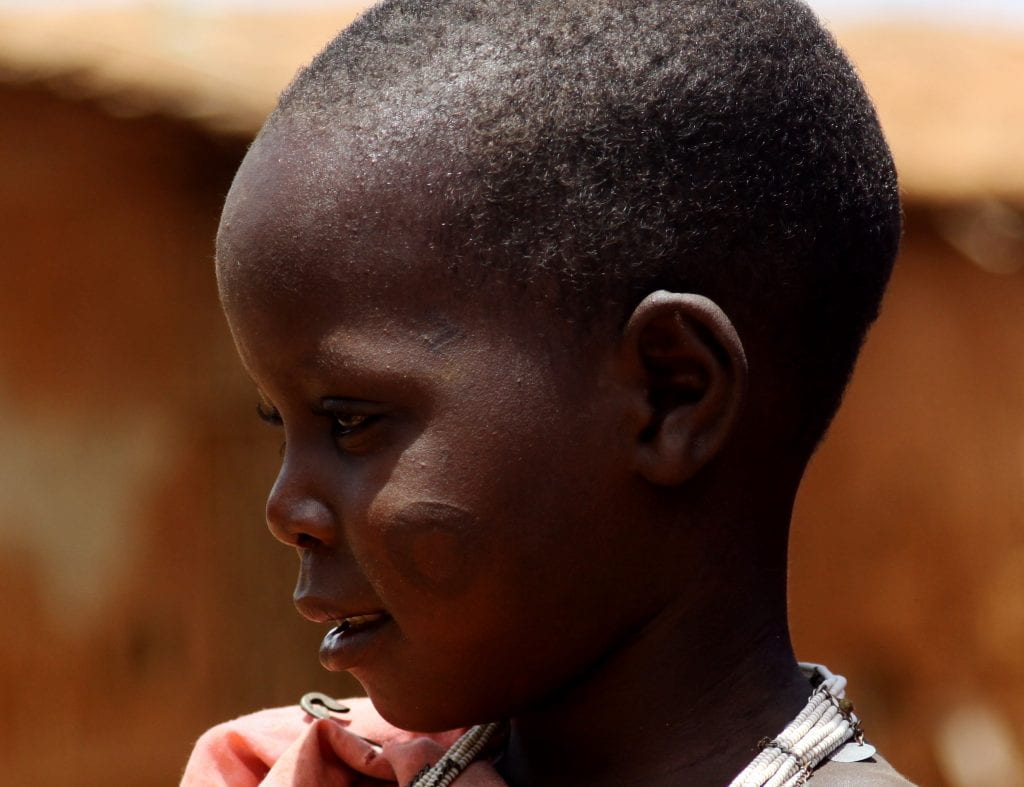The conversation around reproductive and sexual rights and the bodily autonomy of women generally consists of access to abortion, birth control, and intimate partner and sexual violence. FGM is a patriarchal cultural practice rooted in the cutting away of the female body with the suppression of emotion, which at its core, is a denial of personhood. For more than 200 million girls and women, the violation of their body occurred when they could not advocate for themselves. For these girls/women, it is as if all the entities in her world are conspiring against her current and future life. Although Grace details the practice of female genital mutilation (FGM) in Kenya in this blog, the violation has increased in the US since 1990. The global conversation on FGM has been spurred by young women and girls willing to risk social exclusion in the pursuit of eradicating gender-based violence. – AR (**Trigger warning)
by Grace Ndanu

The development of women has been low for a very long time in my country of Kenya because of some retrogressive cultures that include FGM, early marriages, and wife inheritance. For this blog, I will major on FGM within the community I am most familiar with: the Masai.
The practice of FGM is rooted in gender inequality. Women will never have a say on the issues surrounding their daughters; this means that the men are the ones to control women’s sexuality, and ideas about purity, modesty, and purity. Although women do not have a say on their daughter issues, they are the ones to perform the act; this is seen as an honour. The act of cutting one’s daughter is both an honour and a fear. The fear lies in the inevitable social exclusion if the cutting does not occur. The procedure is done in three ways: partial or total removal of the clitoris, the complete or partial removal of the inner labia with or without removal of the clitoral organ and outer labia, or the removal of the external genitalia and fusion of the wound. The inner and/or outer labia are cut away with or without removal of the clitoral organ.
The cutters use non-sterile devices which may lead to contracting diseases such as HIV. The devices include knives, razors, scissors, glass, fingernails, or sharpened rocks. There are adverse health effects depending on the type of procedure. The effects include infections, difficulty in urinating and passing menstrual flow, chronic pain, development of cysts, complications during childbirth and fatal bleeding.
Female circumcision lowers girls self-esteem and confidence. When they undergo the practice, they must stay at home for them to heal which means, particularly for in a school, they miss a lot of their lessons. For those who have never been to school are at risk of being married at an early age, maybe 12, to an older man.
There have been efforts in fighting FGM because there are no known health benefits instead the effects known are negative. A number of NGOs, including the Cara Girls Rescue Center under the Cara Project, are helping to mitigate the practice. The Cara Center takes in girls who are at risk of going through the painful process and also the ones who are already circumcised. They ensure the girls’ safety and security. If the girl has not yet gone through the process, she is welcomed in the center and immediately start the counseling process. Additionally, she will begin schooling – some of them may not have gone to school at all. For those already violated, they are immediately taken to the Gender Violence Recovery Center under the Nairobi Women’s Hospital for medication where they are admitted and receive counseling. At the same time, both the parents and the cutters are arrested. They must present to court when they are summoned and given a warning that if it has ever happened again, they will be jailed.
The rescued girls and warned parents receive an education about the human and reproductive rights of girls and women. It is with this new knowledge that they understand their personal/familial and communal rights better. Learning has created awareness and advocacy throughout the Masai community [and in other African countries and throughout the world]. There has been the development of a zero-tolerance attitude on FGM matters that extends to many of them becoming rescuers of girls before they are circumcised.
